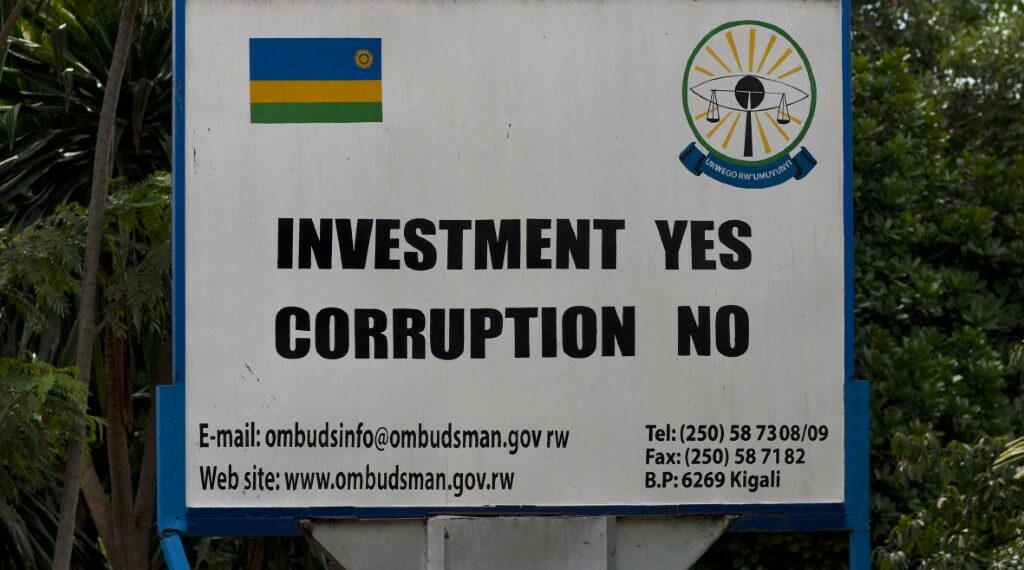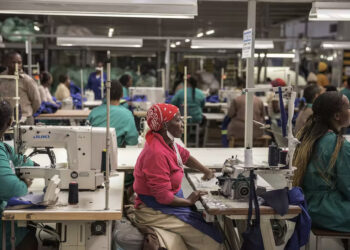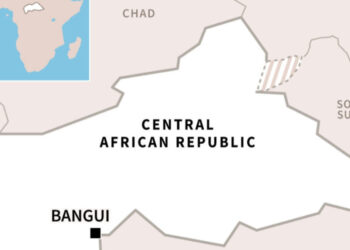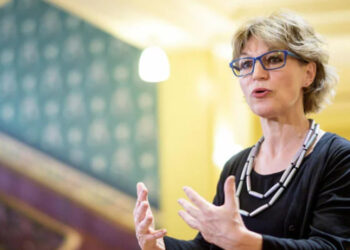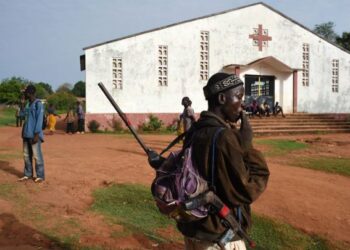A much-heralded demographic boom in Africa has the potential to make the continent a manufacturing powerhouse by 2050. But to take advantage of this rising tide and attract foreign investors, African leaders must confront deep-seated issues of corruption and bureaucratic bloat within their economic systems.
When I first put my shoes on African soil, the year was 1962. African nations, like Uganda where my plane from London had landed on an asphalt road, were just beginning to emerge from colonial rule. The country would soon declare its independence, and I’d be tasked with helping convert the US consulate into an embassy.
Even 62 years later, I remember my first impressions, being surprised at the chilly mountain air of Kampala and impressed by the friendly and hard-working people. Over the following decades spent on the continent, I witnessed sub-Saharan African nations like Uganda working to assert themselves and secure economic prosperity.
But today, I am troubled by the lack of economic development in some quarters of the continent, with approximately 40 percent of the African population at or below the poverty line, according to World Bank data.
Potential Powerful Labor Force
However, change is brewing below the Sahara. The continent’s soaring birth rates have the potential to alter the face of the global economy.
By 2050, Africans are projected to make up a quarter of all of the people on Earth. The lion’s share of that population is young. By the same year, and with birth rates now tumbling in aging Europe and East Asia, more than a third of the world’s population will live in Africa.
This presents an opportunity. A large young population means the potential for a powerful labor force, meaning that Africa will be well-positioned to draw in much-needed foreign investment as a manufacturing base for the world economy. For countries like China, this has led to the creation of affluent and vibrant middle classes.
However, to take advantage of this upswing, many African leaders will need to overcome major internal barriers to draw investment that can build the critical infrastructure and skill up their workforces, positioning Africans as the manufacturing workforce of 2050’s global economy.
The private funds that have historically flown into Africa have often fueled extractive industries like mining and plantation agriculture, where these countries trade their resources for financial gains often diverted by kleptocrats while providing little in the way of useful infrastructure, workforce training, or basic economic prosperity for the people who live there. In Angola, a country rich in diamonds and oil, around 40 percent of the population still lives below the poverty line.
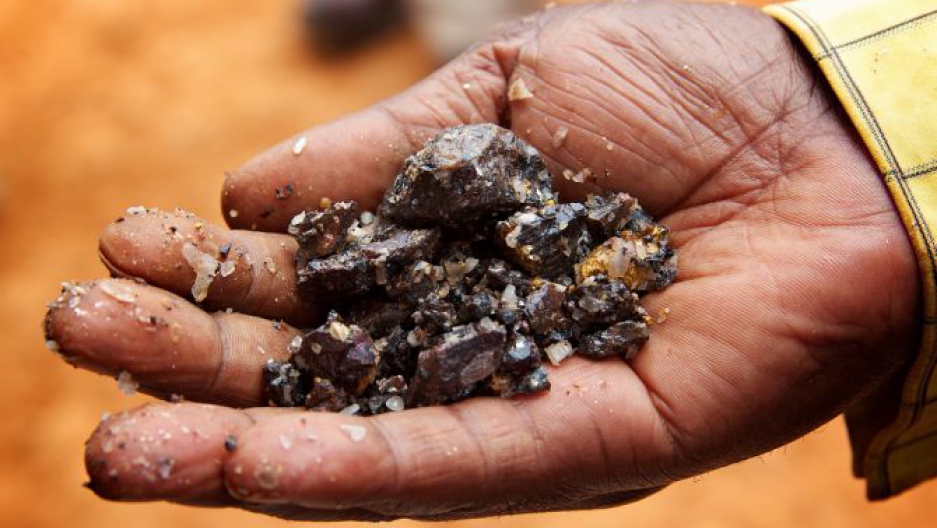
Direct Investment
What Africa needs is direct investment in manufacturing. But despite the headline advantages of free trade agreements like the Africa Continental Free Trade Agreement or regional compacts like the Economic Community of West African States, the reality on the ground is challenging to investors.
To get anything done in many of these nations, whether building a factory or timely offloading a container ship, I learned that it was necessary to “grease the wheels” with bribes, usually to local officials.
I learned this lesson shortly after my arrival. As I searched Kampala for an appropriate building for our new embassy, a promising property was yanked from beneath us and taken over by another embassy. I’d later learn that they’d done so by providing a bribe.
Such corruption synergizes with cumbersome bureaucratic structures that form additional obstacles. Those seeking to do business in Africa often encounter a veritable thicket of regulation and permitting. Bribes offer a handy machete through this brush, allowing one to cut the line to offload their ship quickly or secure the necessary permits for building a factory.
To position their countries to attract foreign investment, incentives must be provided to African leaders to work to cut down such procedures radically.
Africa’s Wealth
Lastly, one of the biggest potential movers here is money held by rich Africans themselves.
In a 2014 article in the Journal of Economic Perspective by the London School of Economics, professor Gabriel Zucman projected that as much as 30 percent of the continent’s wealth, to the tune of $500 billion, was positioned in tax havens.
Not only does this deprive their respective governments of significant revenue, but definitionally, money being held in these accounts is not being invested into African economies. Africans must lead the way on investment in their own countries.
The coming population boom is an incredible opportunity for African nations to secure their place in the global economy and obtain the stability and prosperity their citizens deserve. These African leaders are about to strike oil but must move quickly and decisively to capitalize on it.
A significant challenge lies ahead, but with the right leadership, it can be done.
Disclaimer: The views and opinions expressed here are those of the author and do not necessarily reflect the editorial position of The Globe Post.

